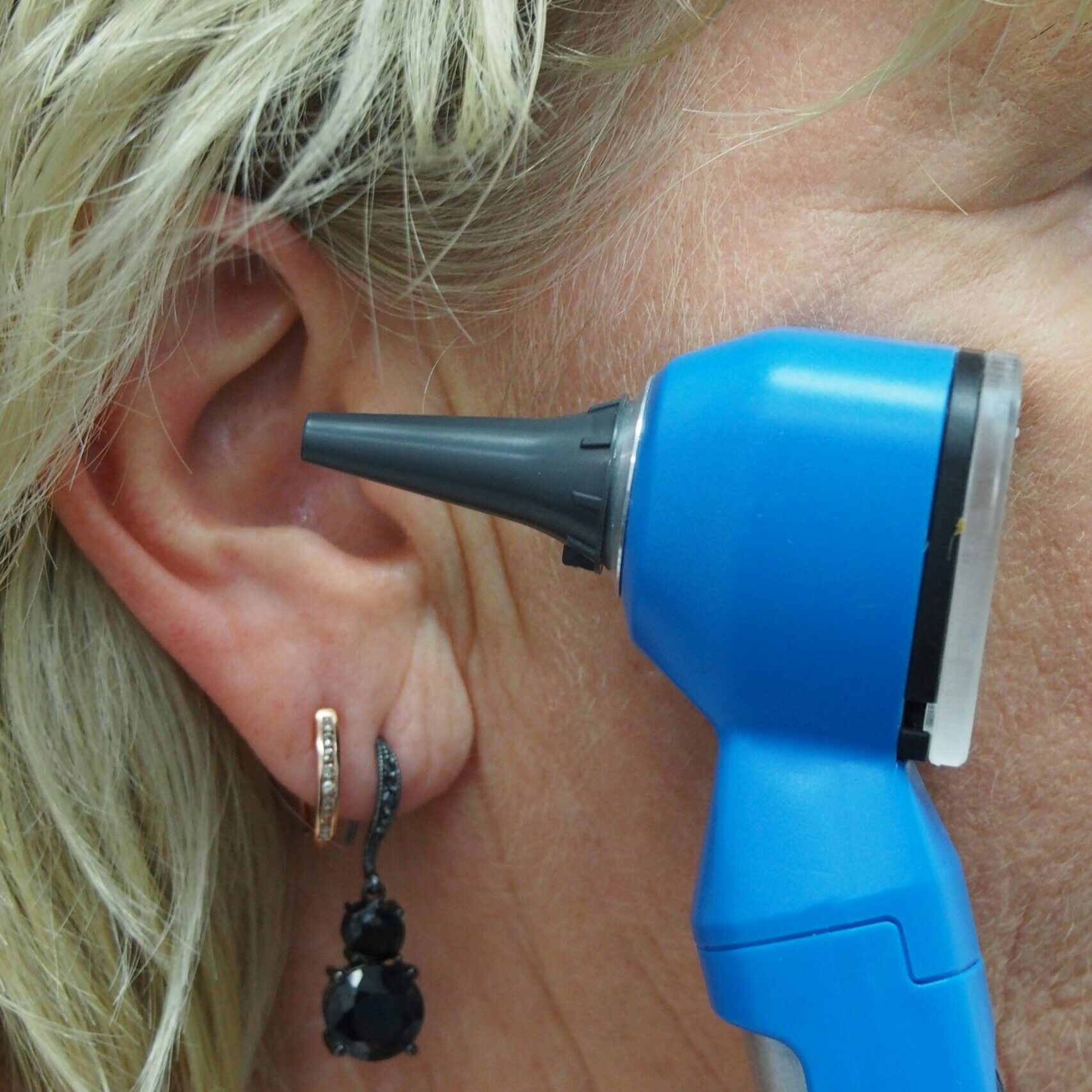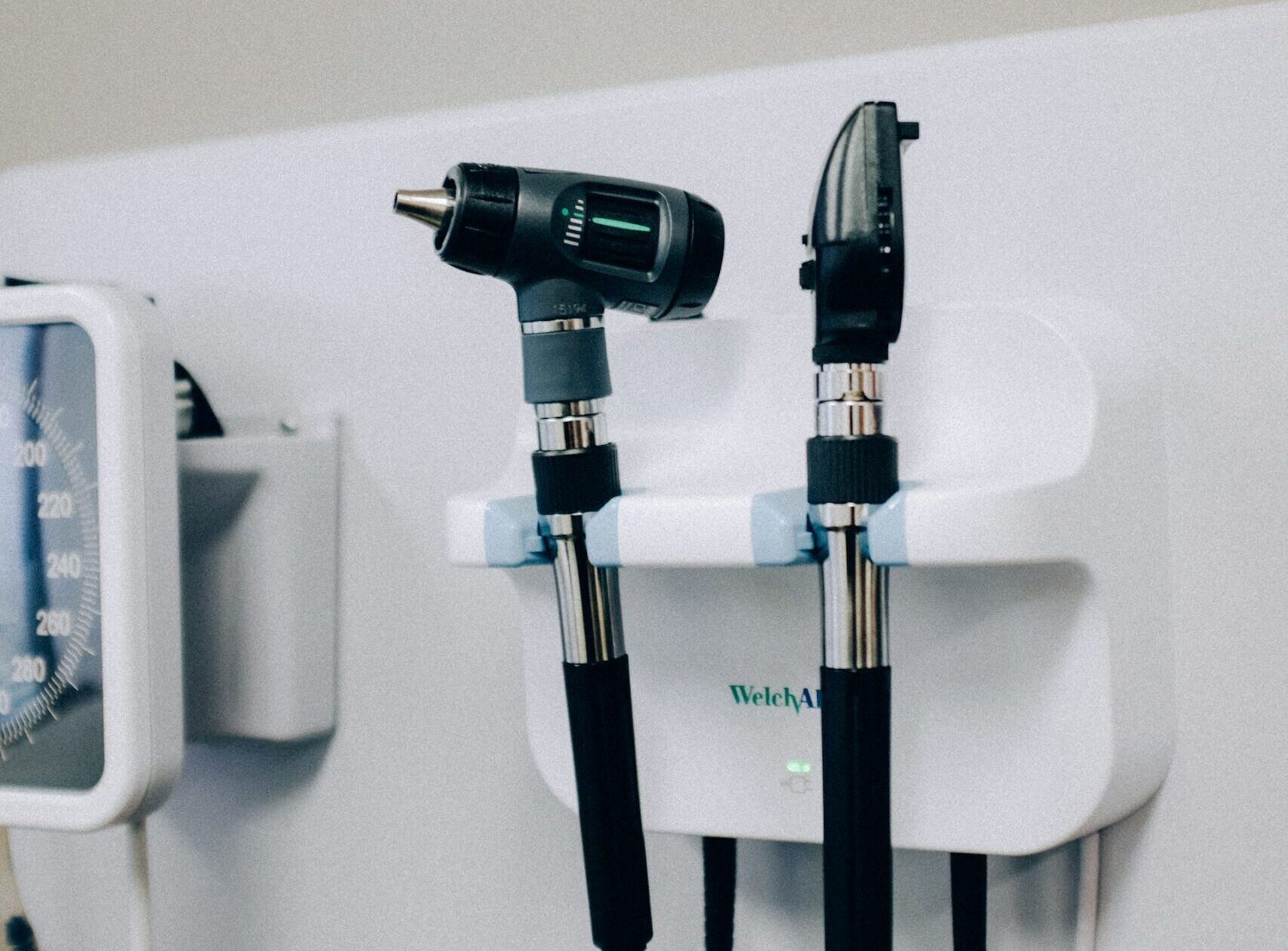Dizziness and vertigo can strike unexpectedly, even without any changes to hearing. If you have felt dizzy recently, you might wonder whether ENT specialists would be the right experts to consult. In fact, many causes of imbalance originate within the vestibular system, which operates alongside our hearing structures. Here we explore how ENT-related conditions can cause dizziness or vertigo even when hearing remains normal.
Why You Might Feel Dizzy Even With Normal Hearing
The Inner Ear’s Role in Balance
Balance is governed by the vestibular system, nestled within your inner ear. This intricate system includes the semicircular canals and otolith organs, which detect head movement and spatial orientation. While these structures are linked with hearing in the cochlea, they perform a separate function. If the vestibular nerves or canals become irritated or disrupted, dizziness or vertigo may result, even when hearing remains unaffected.
How ENT Disorders Can Cause Vertigo Without Hearing Loss
ENT disorders like vestibular neuritis, benign paroxysmal positional vertigo (BPPV) and early-stage Meniere’s disease can trigger vertigo without accompanying hearing loss. In vestibular neuritis, a viral infection inflames the vestibular nerve. BPPV results from displaced calcium crystals within the inner ear canals. And while Meniere’s disease often affects hearing, its initial episodes may present dizziness independently. All these are conditions ENT specialists regularly diagnose and manage.
Common ENT Conditions That Cause Dizziness
Vestibular Neuritis
Vestibular neuritis is an inner ear condition, typically caused by a viral infection, that inflames the vestibular nerve. The result is a sudden onset of intense vertigo, often accompanied by nausea, but without permanent hearing loss. Symptoms can linger for days or weeks before gradually improving.
BPPV (Benign Paroxysmal Positional Vertigo)
BPPV is the most common vestibular disorder. Tiny calcium crystals (otoconia) dislodge and shift into one of the semicircular canals, triggering intense, short-lived episodes of vertigo when you turn your head or lie down. Though alarming, BPPV rarely affects hearing and is a common reason why people visit ENT specialists for reassurance and treatment.
Labyrinthitis
Labyrinthitis is inflammation of the inner ear labyrinth, often due to a viral infection. It usually causes both dizziness and temporary hearing loss or tinnitus. However, in some cases, the inflammation affects only the vestibular portion, preserving hearing while causing balance issues such as vertigo or unsteadiness.

When to Suspect an ENT Cause for Vertigo
Symptoms That Point to ENT-Related Dizziness
Certain symptoms suggest an ENT-related origin: a sudden spinning sensation, unsteadiness when turning the head or looking up and vertigo triggered by specific movements rather than exercise, fainting or heart conditions. These patterns point towards vestibular system involvement rather than neurological or cardiovascular issues.
ENT vs Neurology vs Cardiovascular—Who to See First?
If your primary symptom is positional vertigo or dizziness linked with head movement and hearing remains unaffected, an ENT specialist is typically the most logical first step. They can evaluate your vestibular system directly. Neurologists focus on central nervous system causes, while cardiologists assess dizziness stemming from blood pressure or heart conditions.
How ENT Specialists Diagnose Dizziness
Tests You Might Undergo
Consulting with ENT specialists usually involves a range of examinations to determine the cause of dizziness. These can include:
- Hearing tests (audiometry) to confirm that hearing is indeed normal
- Balance exams, such as the Dix–Hallpike test, to trigger positional vertigo
- Videonystagmography (VNG) to track eye movements and assess vestibular function
- Positional testing to identify BPPV or other peripheral vestibular disorders
These tests combine to provide a clear picture of whether the inner ear is the source of the problem, or whether other systems may be involved.
Treatment Options for ENT-Related Dizziness
BPPV Repositioning Maneuvers
For BPPV, ENT specialists often use repositioning techniques such as the Epley manoeuvre or Semont manoeuvre. These gentle head and body movements guide displaced crystals back to their proper location inside the vestibular canals. Typically, patients experience rapid relief, often after just one or two treatments.
Vestibular Rehabilitation Therapy (VRT)
When dizziness is more persistent, such as post-vestibular neuritis or chronic vestibular dysfunction, ENT specialists may recommend vestibular rehabilitation therapy (VRT). This tailored exercise programme strengthens stability by encouraging the brain to adapt to inner ear changes. It can dramatically reduce unsteadiness and improve confidence in day-to-day activities.
Medications and Lifestyle Advice
In addition to physiotherapy, ENT specialists may suggest medications to ease symptoms, such as anti-nausea or vestibular suppressant medications during acute episodes. Lifestyle advice is also important: staying hydrated, rising slowly from lying down, avoiding alcohol and sleeping with the head slightly elevated can all help manage dizziness until balance is restored.
Don’t Ignore Dizziness, Even with Normal Hearing
Even without hearing loss, dizziness or vertigo may signal a condition affecting your vestibular system. ENT specialists have the expertise and diagnostic tools to accurately determine whether symptoms stem from inner ear disorders such as vestibular neuritis, BPPV or labyrinthitis. Effective treatments exist; ranging from repositioning manoeuvres to rehabilitation therapy and medication.
If you experience repeated episodes of spinning sensations, unsteadiness with head movement or unexplained dizziness, it is important to seek help. Early diagnosis and targeted treatment can help restore balance, reduce anxiety and prevent falls.
Even if your hearing seems fine, don’t brush off unwelcome dizziness. Our dedicated ENT specialists at The Forbury Clinic are here to provide expert diagnosis and personalised care. Book a consultation today to restore your balance and regain peace of mind.


